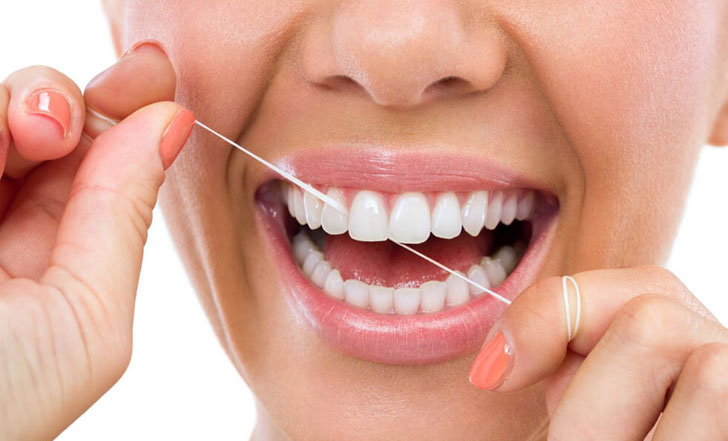Preventive dentistry is the cornerstone of maintaining a healthy, radiant smile. It involves taking proactive steps to prevent oral health problems before they arise, ensuring that your teeth and gums remain in excellent condition throughout your life. By adopting preventive practices, you can avoid costly dental procedures, reduce the risk of tooth decay, gum disease, and other oral health issues, and enjoy a confident, pain-free smile.
What Is Preventive Dentistry?
Preventive dentistry focuses on safeguarding your teeth, gums, and overall oral health. It encompasses regular dental checkups, cleanings, and the adoption of good habits like brushing, flossing, and proper nutrition. The main objective is to prevent the onset of dental problems, including cavities, gum disease, and enamel wear, rather than treating these issues once they occur.
Dentists recommend starting preventive care from a young age. Early education on proper brushing techniques, the importance of a balanced diet, and the need for routine dental visits can set the stage for lifelong oral health.
Key Components of Preventive Dentistry
- Regular Dental Checkups: Visiting your dentist regularly, usually every six months, allows for early detection of any dental problems. Routine exams include checking for cavities, assessing gum health, and evaluating your bite. Your dentist will also monitor for early signs of serious conditions like oral cancer.
- Professional Cleanings: Even with excellent oral hygiene habits, plaque and tartar can build up over time. Professional dental cleanings remove these deposits, reducing the risk of gum disease and tooth decay.
- Brushing and Flossing: The foundation of preventive dentistry is consistent at-home care. Dentists recommend brushing at least twice a day with fluoride toothpaste and flossing daily to remove plaque from between teeth, where a toothbrush can’t reach.
- Sealants and Fluoride Treatments: Dental sealants can protect the grooves of your molars from cavities, especially in children. Fluoride treatments strengthen enamel and make it more resistant to decay, benefiting both children and adults.
- Healthy Diet Choices: A balanced diet plays a significant role in preventive dentistry. Limiting sugary and acidic foods helps protect tooth enamel from erosion and decay. Consuming foods rich in calcium, vitamins, and minerals supports stronger teeth and gums.
- Mouthguards for Protection: If you participate in sports or grind your teeth at night, wearing a mouthguard can help prevent injuries, fractures, and excessive wear on your teeth.
The Long-Term Benefits of Preventive Dentistry
The primary benefit of preventive dentistry is maintaining your oral health, but it goes beyond just your mouth. Studies have shown that good oral hygiene is linked to overall well-being, reducing the risk of systemic diseases such as heart disease and diabetes. Preventive care can save you both time and money by minimizing the need for extensive dental treatments down the line.
When to Consult a Dental Professional
While preventive care starts at home, it is essential to have regular consultations with a dental expert. If you have any concerns about your oral health or are looking for personalized guidance, it’s always wise to seek professional advice. Learn more by visiting trusted resources like Doctor Wisdom, where expert advice on dental care is available.
By embracing preventive dentistry, you take control of your oral health, ensuring that your smile remains bright and healthy for years to come.


